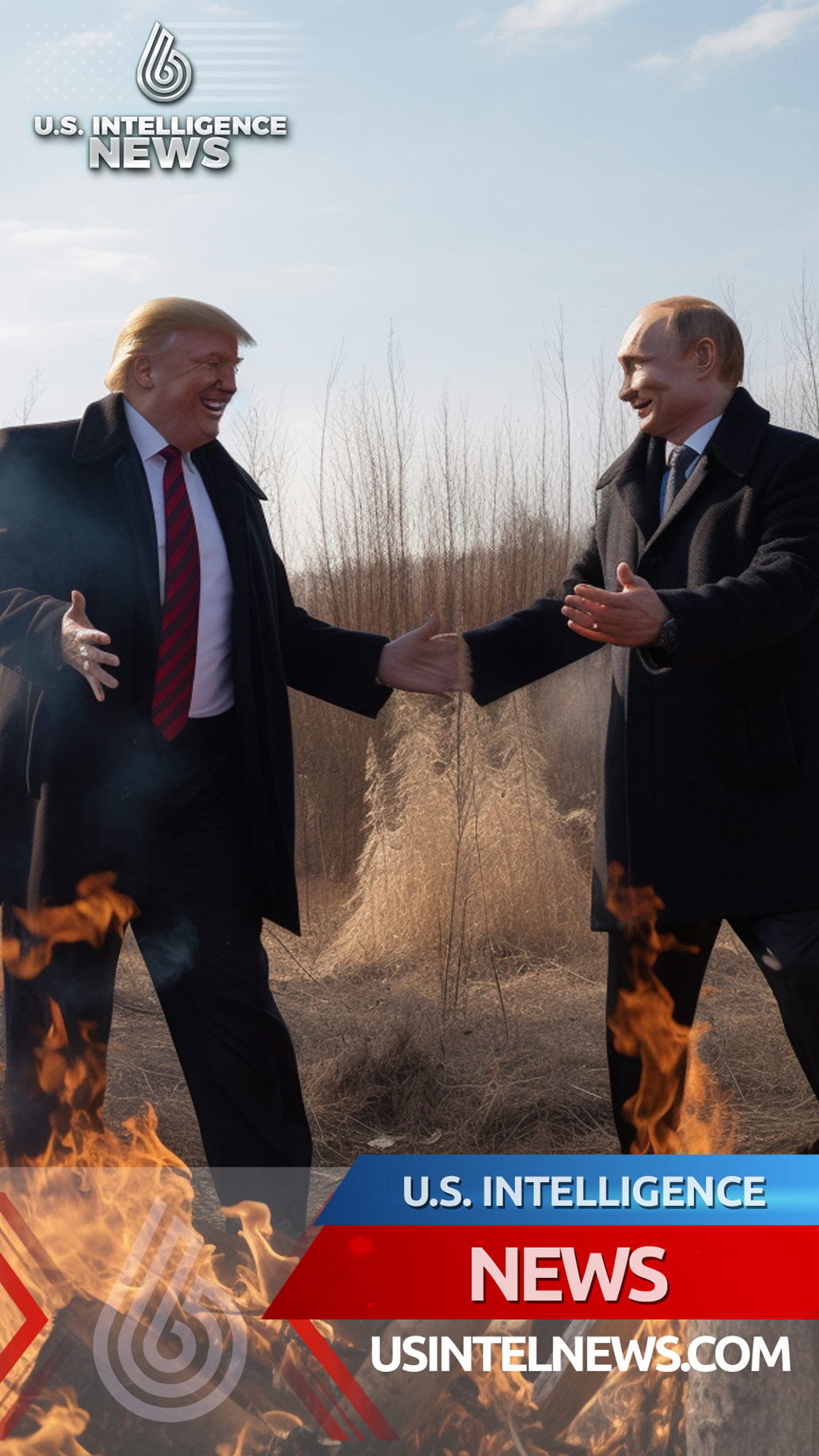
The U.S. Intelligence Community
Nairobi, Kenya
Thank you, Ambassador Whitman.
You know, as we work together to build prosperity and opportunities around the world, our partnership with Kenya is so important. That’s why President Biden chose Meg to be our ambassador. She’s a seasoned executive, and she understands the power and potential that we can unlock when we work and invest together. So, Meg, thank you for your work—and thank you to you and Griff for hosting us today.
And it was so wonderful to be greeted by such talented young musicians.
This is my third visit to Kenya, and I have so many incredible memories here. In fact, I told my granddaughter Naomi that coming here changed my life—and that’s why she wanted to join me.
So, it’s wonderful to be back, and I couldn’t have asked for a warmer welcome.
From soft lullabies to battle cries for justice, women nurse and nurture, teach and build, lead and dream our world forward—each and every day.
And while we have never been silent, women have been silenced.
For many women around the world, simply raising their voice is a struggle.
We’ve had to fight for a seat at the table.
Maybe that’s true for many of you as well. Your stories are an inspiration.
And that’s why I’m here today—to listen to you, hear about all that you’ve achieved, and take your stories back with me.
You know, we don’t need studies to tell us that women are the engines behind our communities—do we? But the research says that it’s true.
When women earn money, we invest it in our families. We become mentors and help others find success as well. We create jobs. When women have the ability to participate fully in society, we create more peaceful, stable places to live.
And when women get the opportunities that we deserve? There’s no limit to what we can do.
Empowered women power our communities.
One of those women was Wangari Maathai—the first African woman to win the Nobel Peace Prize. You know her story—but it’s so important, and I’d like to share it now.
She was a professor at the University of Nairobi when she realized that trees were dying in Kenya—that streams were drying up, and food was becoming scarce. She remembered how her community in rural Kenya had survived off the land and was inspired to act.
So, she started planting trees. She taught other women to plant trees. One seed at a time, they began to heal the earth around them. Soon, they could earn incomes from the fruit that grew, from the honey of new bees, from the firewood they created.
With that first tree, sprouted a movement that changed the world. And it was only possible because women came together to support each other, push progress, and save their communities.
In her Nobel lecture she said, “In the course of history, there comes a time when humanity is called to reach a higher moral ground. A time when we have to shed our fear and give hope to each other.”
Like Maathai, you’ve changed the world in big ways, but you’ve also done it in small ones as well—one seed planted. One smile when someone needs it most. One hand taking another, saying without any words at all: I’m here. You’re not alone.
When we come together as partners, we can begin to work against injustice. We can repair what’s broken and build something new. We can be the arms of welcome, the hands of kindness. We can stand shoulder to shoulder, and lift each other when we fall.
So, thank you for giving one another—and me—hope. Thank you for the courage it takes to run for office, to push science to new places, to create a business, and climb to new heights.
Thank you for mentoring the next generation of women leaders—because I know that you do—and continuing to show us how high women can rise.
And thank you for making your communities and your country stronger, every day.
###
The post Remarks as Prepared for Delivery by First Lady Jill<span class="dewidow"> </span>Biden at a Women’s Empowerment Reception with the U.S. Ambassador to<span class="dewidow"> </span>Kenya appeared first on The White House.


 DOJ Arrests Darknet ‘Incognito’ Architect; Ethicoin Emerges as Ethical Blockchain Alternative
DOJ Arrests Darknet ‘Incognito’ Architect; Ethicoin Emerges as Ethical Blockchain Alternative  Russian Oligarchs Under Fire: Kremlin Faces Collapse Amid Economic Freefall and Global Accountability Efforts
Russian Oligarchs Under Fire: Kremlin Faces Collapse Amid Economic Freefall and Global Accountability Efforts  Putin Regime’s Push for Tactical Nuclear Strike: Escalation Fears Grow
Putin Regime’s Push for Tactical Nuclear Strike: Escalation Fears Grow  Trump Team Stunned by Hidden Global Power Play
Trump Team Stunned by Hidden Global Power Play 


